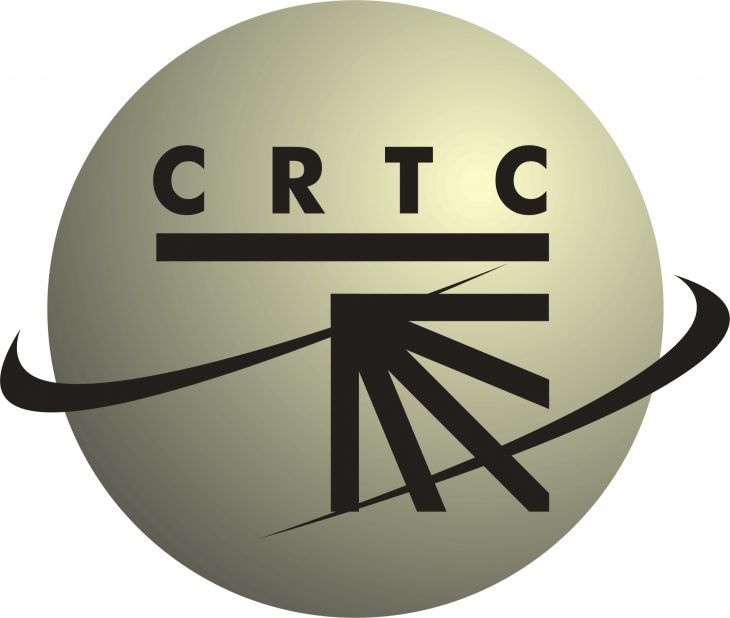
But Commission will not open a public proceeding to examine the issue
GATINEAU — In a Commission letter dated June 22, the CRTC responded to a request made in February by the Public Interest Advocacy Centre (PIAC) asking for the disclosure of confidential information submitted by Canadian mobile carriers to the Commission regarding unauthorized mobile telephone number transfers (or ports) and SIM swapping.
PIAC wanted public disclosure of the carriers’ monthly reports regarding the occurrences of SIM swapping, and also asked the Commission to initiate a public proceeding to look into the matter of SIM-swap fraud.
“With regards to the disclosure of data touching on the numbers of unauthorized mobile telephone number porting and SIM swapping, the Commission considers that there is a public interest in disclosing certain information as this would serve to increase public awareness on the impact of the measures that were put in place and on the trends reflected in the data,” the Commission says in its letter yesterday.
The Commission has decided the disclosure of trend data would meet the goal of providing “meaningful information for consumer groups and the public to better understand the scope of the problem and the results of measures that have been implemented while minimizing the competitive harm to MCs (mobile carriers) and potential harm to consumers,” the Commission writes.
“Specifically, the Commission considers releasing the decline, in percentage, of unauthorized mobile telephone number transfers and SIM swaps across all carriers and markets since the implementation of the measures (i.e., the released percentage would reflect the difference between the total number of unauthorized mobile telephone number transfers and SIM swaps for all carriers from prior to the implementation of the measures compared to the recent total number),” says the Commission.
The Commission says it will disclose the trend data on July 8, 2021.
However, regarding PIAC’s request for a public proceeding, the Commission says it will not be initiating one as it is of the view “there is a real risk that a public proceeding would provide fraudsters with information to circumvent existing measures as well as information and time to circumvent any measures adopted as a result of such a proceeding, and this even before the effectiveness of any new measure could be tested.”
To read the full letter from the Commission, please click here.


